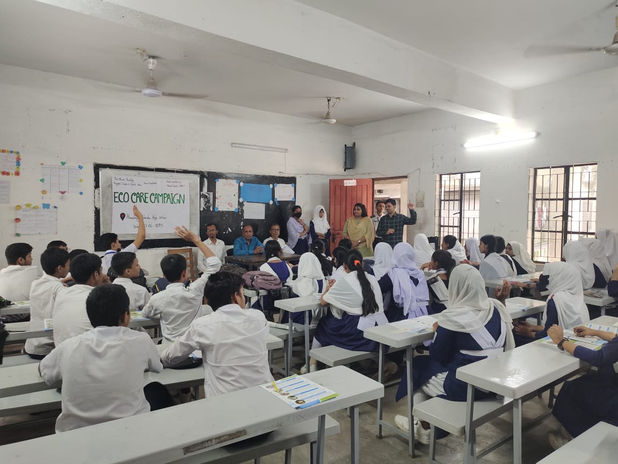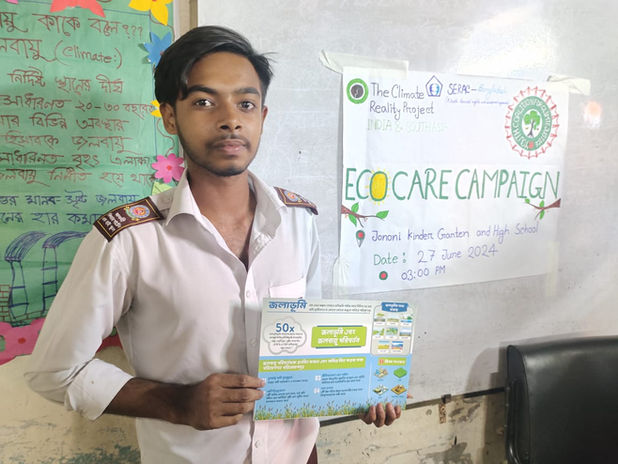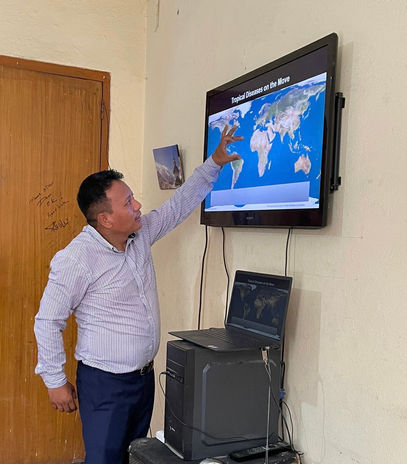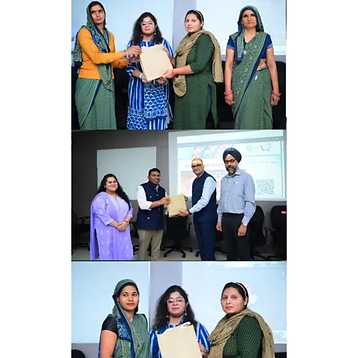

India’s Ecotourism Moment: A Green Path to Global Leadership
A global wave of responsible, experience-driven travel is lifting ecotourism from the fringes to the forefront of the tourism industry. According to the UNWTO, ecotourism accounted for nearly 25% of global tourism revenue in 2024. Allied Market Research projects the global ecotourism market, valued at $210.4 billion in 2023, will grow to $829.8 billion by 2035, at a CAGR of 11.7%. Nearly 45% of these destinations are located in rural areas—underscoring the transformative pote
Jan 14


FOR US, ADAPTATION IS NOT OPTIONAL—IT IS A MATTER OF SURVIVAL
I am from Honduras, which is considered as one of the most climate vulnerable countries in the world, even though it contributes almost nothing to global emissions. Here climate change is a reality that shapes our daily lives in our food supply, our economy and our safety. Over the past few years, we have been through hurricanes that left us incredible damages such as floods and climate driven displacement. For us adaptation is not optional, it is a matter of survival. Hondur
Dec 23, 2025

















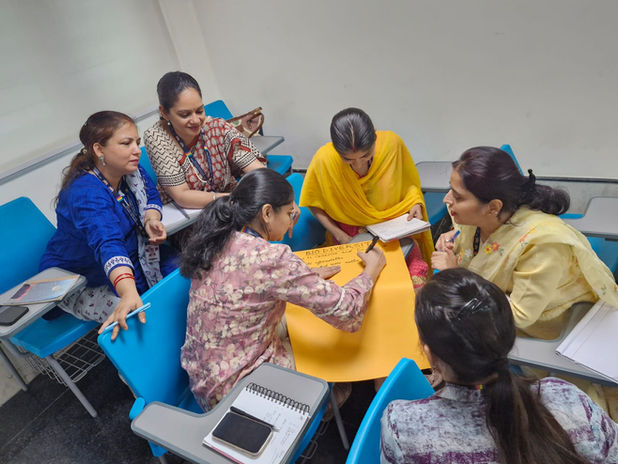























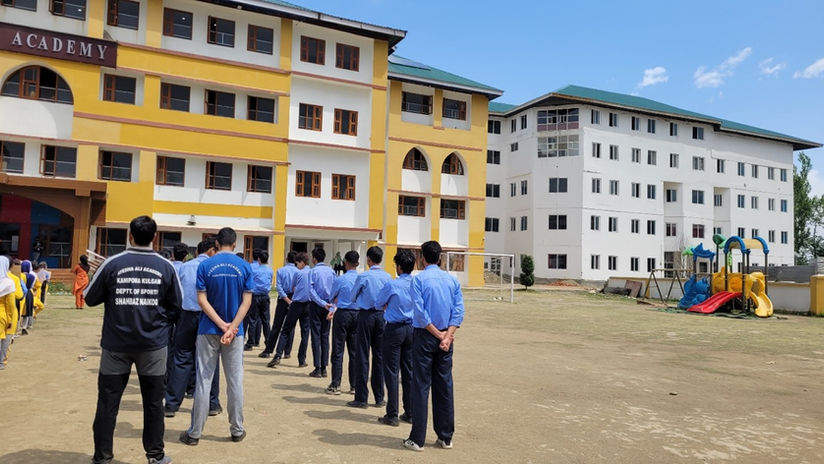
.jpg)






